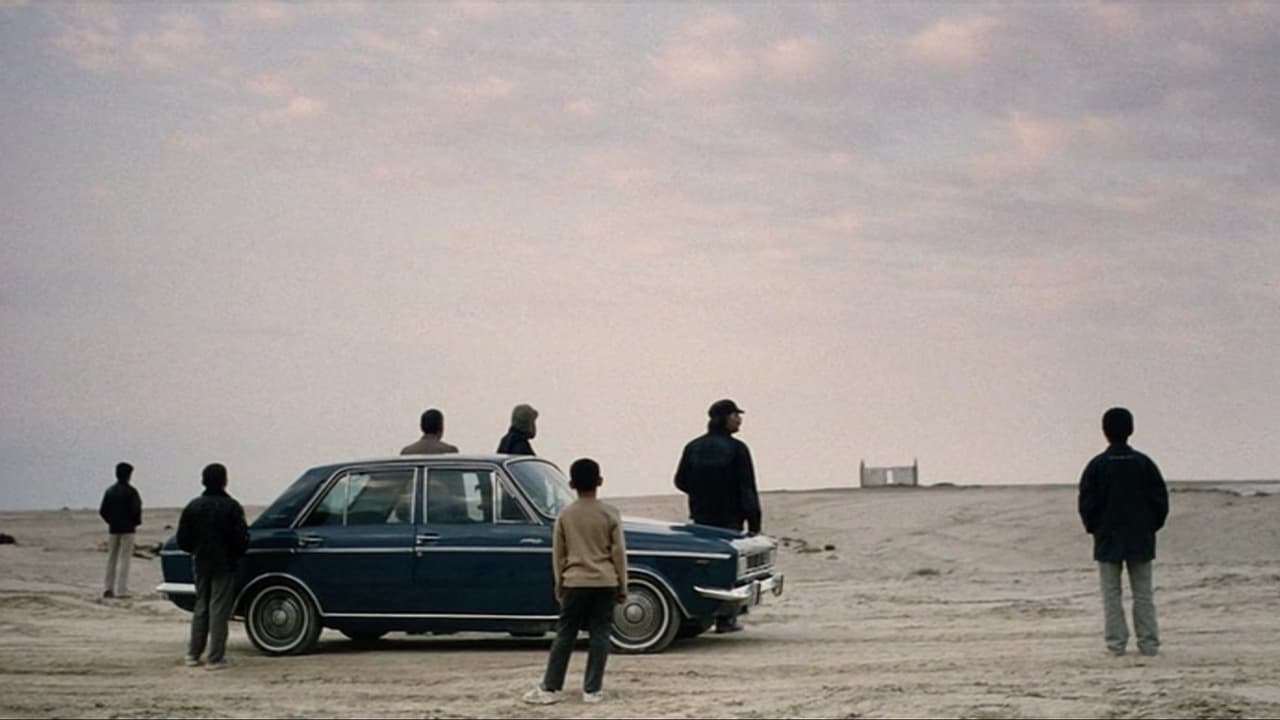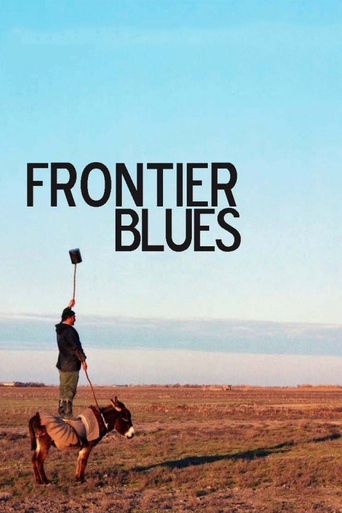



Close shines in drama with strong language, adult themes.
View MoreAmazing worth wacthing. So good. Biased but well made with many good points.
View MoreThe storyline feels a little thin and moth-eaten in parts but this sequel is plenty of fun.
View MoreThe story, direction, characters, and writing/dialogue is akin to taking a tranquilizer shot to the neck, but everything else was so well done.
View More... but very, very slow. There was so much potential, I was very disappointed with its lack of depth or pace. I'm sure it meant to reflect the stagnation of the area in which it was made, but a workable movie needs more depth of characterisation in order to succeed. It would have benefited too from the female characters being given some real roles. Cinematography was also a little unsophisticated and could have made more of the incredible vistas available. There were, however, some nice performances, especially from the actors portraying the shopkeeper and the ambitious man. It also features what must surely be the world's most stoical donkey.
View Moreexcerpt - Set in a northern province of Iran, with its racial mix of Turkmen, Persians, Kazakhs, Russians and Armenians, Frontier Blues depicts the lives of people in limbo, belonging to neither one country nor another, who seem to exist in a permanent state of transition.The film's pace is glacial, but its gentle and humorous observations, as well as the striking landscape of its setting, are enough to sustain interest for its modest hour-and-a-half duration. If you've ever uttered the words "but nothing ever happened" when leaving the cinema, it's probably one to avoid. For all that, it shows some skillful and delicate filmmaking, and it'll be interesting to see what Jalali does next.
View MoreI recently saw this film at the Edinburgh Film Festival. What a brilliant first feature!The story follows the lives of different men living in a small town in northern Iran. The stories are simple and beautiful, about love and lose, men desperately trying to make a connection and to find meaning in their monotonous everyday existence. I really loved the pacing of the film. It takes its time. It achieves humor and pathos without trying. It is the kind of film that only comes around once in a while, the kind of film that is getting harder and harder to make or released. I recommend this gem to anyone who loves the cinema of Kaurismäki or Kiarostami. Babak Jalali is certainly a great new director to watch!
View MoreI saw this film at two different festivals and each time I left thinking that Iranian cinema is in safe hands! Although perhaps I shouldn't even limit this film in to a sub category such as Iranian cinema because this film does not resemble much of what I've seen of Iranian cinema. But I still feel that after a disappointing few years, directors like Babak Jalali could well be about to give films from that region a much needed lift. Frontier Blues takes place in a remote part of Northern Iran where Turkmen and Persians live side by side. This film is about the lives lived on that region by a group of men waiting to go places. It's a very atmospheric and confident piece of work and does not rely on any cinematic conventions to tell it's tales. Highly recommended and I hope to be able to see it again.
View More